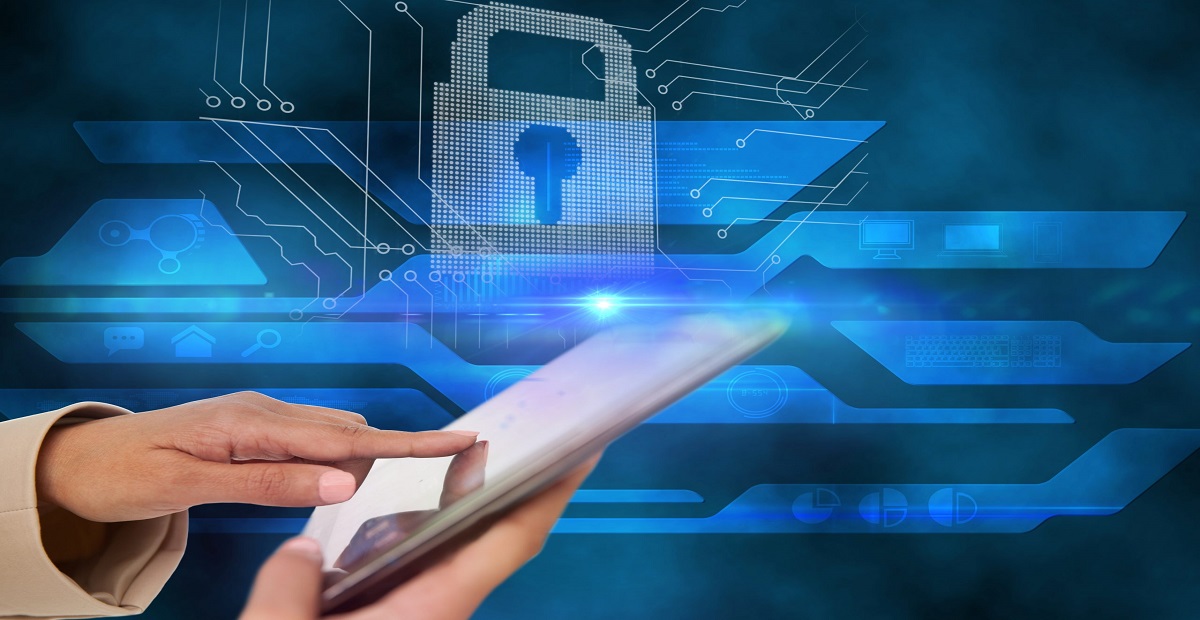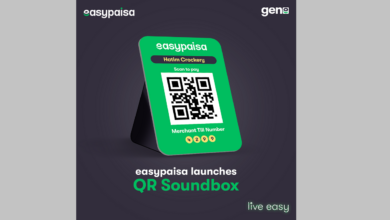Online Transactions: Ensuring Security in the Digital Age

With the onset of 2020, digital banking and online transactions were witnessing a rise in Pakistan. The lockdowns initiated in light of the COVID-19 pandemic provided a significant boost to usage of these platforms with banking apps witnessing 40%-60% increase in new as well as returning customers. Careful estimates suggest that Pakistan has around 100 million eligible adults who are not subscribed to any digital financial service but factors like extensive penetration of cellular connectivity and growing smartphone usage are contributing to a shift in customer behaviours.
Digital financial platforms like Easypaisa and JazzCash are now more easily accessible than ever. This has become another reason for more users to shift towards digital payments powered by these services. However, like with every other initiative that involves cash transfers, groups of scammers emerge who design various fraudulent schemes through social engineering to fool unsuspecting customers.
A handful of users across Pakistan have reported different scamming tactics that they’ve witnessed personally. Some have sadly fallen for these schemes due to a lack of awareness but with increased intensity, precautionary messages are now reaching customers making them more vigilant. Still, there is a need for these key messages to be reiterated time and again because the level of scams and other fraudulent activities will continue to evolve. Part of the solution to this issue is to be careful on an individual basis as well.
Online Transactions: More Secure than Before
Online and mobile banking platforms in Pakistan follow strict regulations set by the regulator and government agencies. All international guidelines for ensuring safe transactions are followed including biometric verification/ login, OTP verifications and confirmation calls. Each and every transaction is secured and only authorized after a particular code is entered which is only sent to the account holder’s verified email or cellphone number.
Scammers usually try to deceive people into revealing their private information using different techniques. This can include emotional requests or pretending to be official representatives of a well-known organization which can even be a government body. Financial institutions continuously convey to their customers that they will never call, for any reason whatsoever, and ask customers for personal information which may compromise their financial security.
The number of cases as well as attempts in this regard has been growing. It is imperative that customers take all precautions to protect their online accounts. Service providers continue to strengthen their safety protocols making sure that no unauthorized transaction can take place but customers have to be cautious about falling for any phony schemes that they may become a target of.
Also Read: SAPM Finalizes a Draft that Offers Digital Banking Facilities to Overseas Pakistanis
PTA Taxes Portal
Find PTA Taxes on All Phones on a Single Page using the PhoneWorld PTA Taxes Portal
Explore NowFollow us on Google News!





